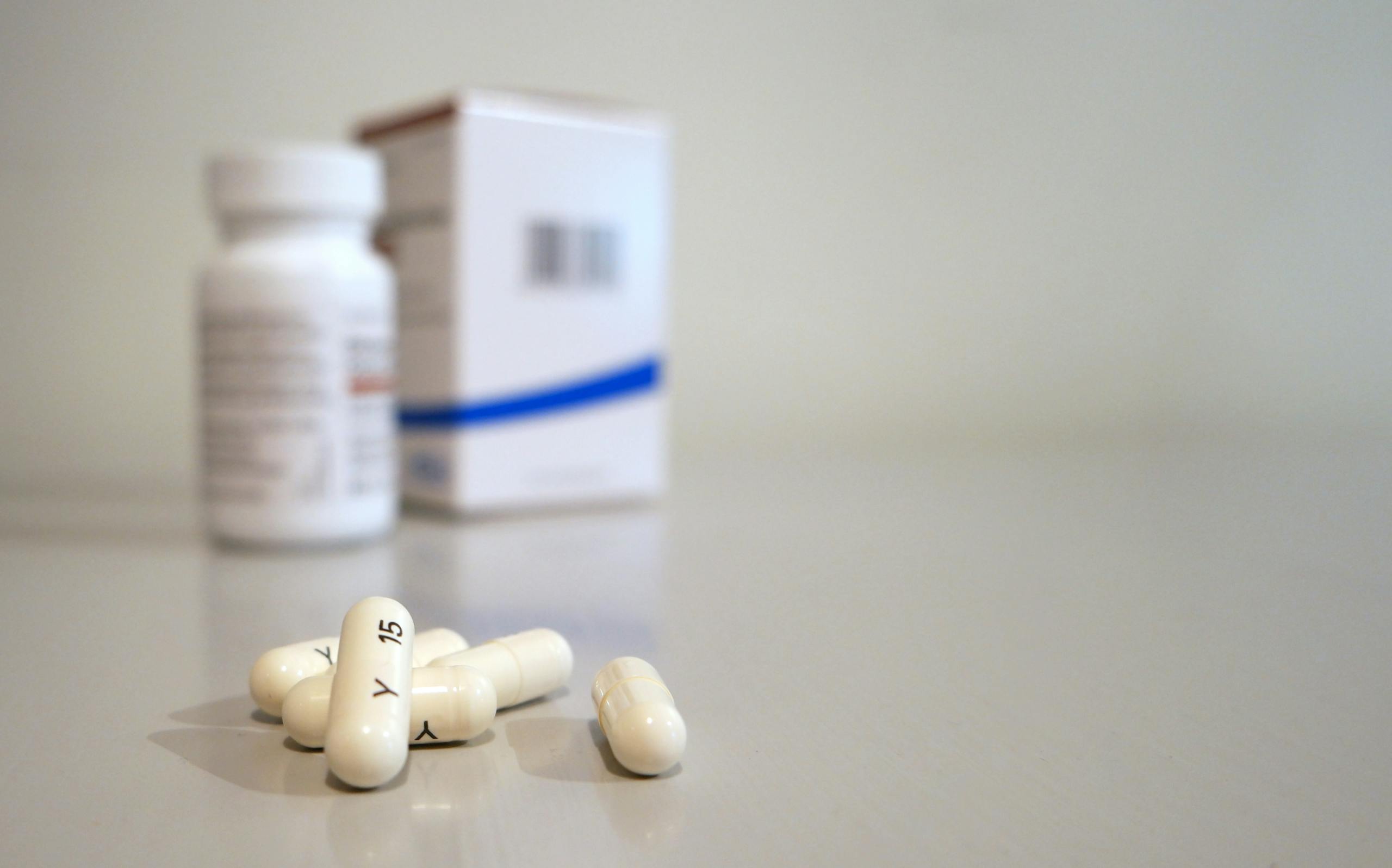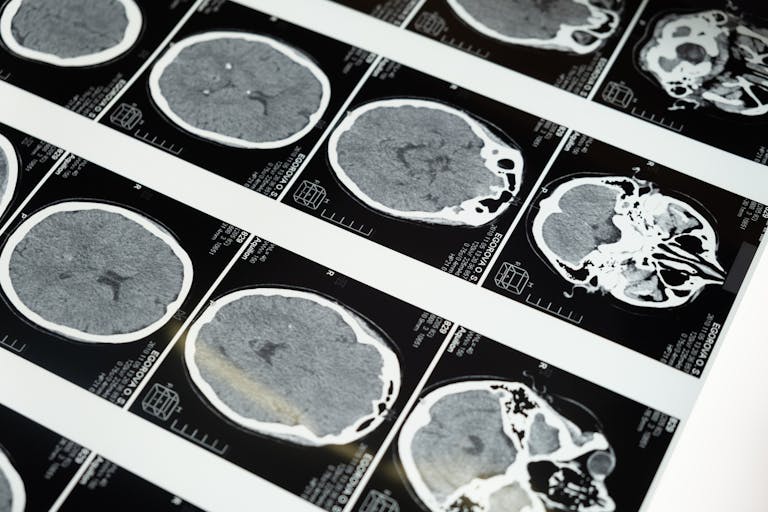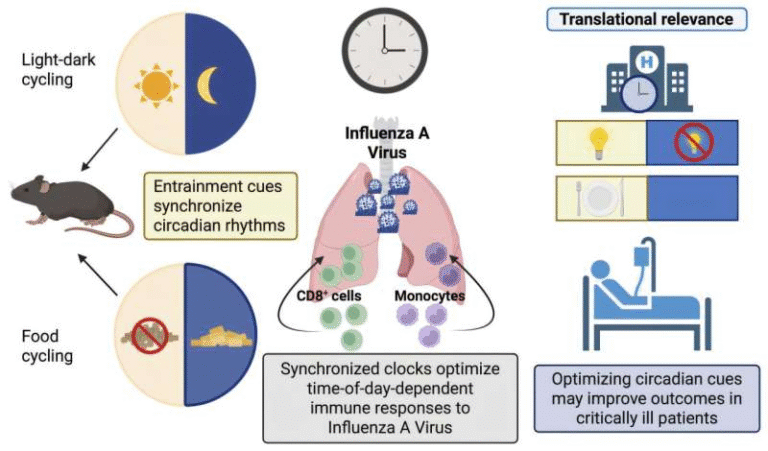Vitamin B3 Supplement Nicotinamide May Cut Skin Cancer Risk by Over 50%, Major Study Finds

A new large-scale study has shed impressive light on a familiar over-the-counter vitamin: nicotinamide, a form of vitamin B3. Researchers have discovered that this simple supplement could significantly reduce the risk of developing new skin cancers, especially in people who have already been diagnosed with one. The findings, recently published in JAMA Dermatology, come from an extensive analysis of over 33,000 patients within the U.S. Veterans Affairs (VA) healthcare system.
For years, dermatologists have cautiously recommended nicotinamide to patients with a history of nonmelanoma skin cancer, based largely on a small 2015 clinical trial that hinted at its potential benefits. Now, this new study provides the strongest real-world evidence yet that the vitamin can make a real difference in preventing skin cancer recurrences.
The Scale of the Study
The research team, led by Dr. Lee Wheless of Vanderbilt University Medical Center and the VA Tennessee Valley Healthcare System, conducted a retrospective cohort analysis using data from the VA Corporate Data Warehouse. This dataset is massive, covering millions of veterans nationwide.
From this resource, researchers identified 33,822 individuals who had previously been diagnosed with nonmelanoma skin cancer, such as basal cell carcinoma (BCC) or cutaneous squamous cell carcinoma (cSCC). Of these, 12,287 veterans received nicotinamide at a dose of 500 milligrams twice daily for at least 30 days. The remaining 21,479 served as the control group who did not take the supplement.
Because the VA includes nicotinamide in its official formulary, researchers were able to accurately track supplement prescriptions—a key advantage, since over-the-counter use of vitamins often goes unrecorded in medical databases.
To ensure that comparisons were fair, the two groups were propensity-score matched based on various factors such as age, sex, race, prior skin cancer history, organ transplant status, and other medications or therapies. This matching helps reduce bias and allows for a more balanced comparison between nicotinamide users and non-users.
Clear Reduction in Skin Cancer Risk
The results were striking. Across the entire cohort, those who took nicotinamide had a 14% lower risk of developing new skin cancers compared to those who didn’t.
But when the researchers dug deeper, they found something even more interesting: timing mattered.
When patients started taking nicotinamide after their first skin cancer, the risk of developing another dropped by a remarkable 54%. However, the benefit became smaller when the supplement was started later—after multiple skin cancers had already occurred. In fact, for people who began nicotinamide after their seventh diagnosis, the protective effect almost disappeared.
This suggests that early intervention may be key. Starting nicotinamide soon after the first cancer might help slow down or prevent the “field damage” in skin that leads to additional lesions later.
The results also differed by cancer type. The greatest reduction was observed for cutaneous squamous cell carcinoma, a common and sometimes aggressive form of nonmelanoma skin cancer. The reduction for basal cell carcinoma was smaller but still statistically meaningful.
The Special Case of Transplant Patients
Among the study participants were 1,334 solid organ transplant recipients—a group known to be at particularly high risk for skin cancer due to lifelong immunosuppressive medications.
For this subgroup, the study found no overall statistically significant benefit from nicotinamide when looking at all cancers combined. However, early use of nicotinamide (shortly after a first or second cancer) was linked to a notable reduction in squamous cell carcinoma incidence.
This means that while nicotinamide may not provide uniform protection for transplant patients, there could still be a meaningful benefit if it’s started early. Researchers emphasized that further studies focused on immunocompromised populations are needed to clarify these findings.
Why This Study Matters
Until now, the largest evidence supporting nicotinamide came from the ONTRAC trial in 2015—a randomized controlled study with just 386 participants. That trial showed that nicotinamide reduced new nonmelanoma skin cancers by around 23% during one year of treatment.
But because it was small and relatively short, scientists couldn’t be sure how well those results applied to the broader population. The new VA-based study changes that. By analyzing data from tens of thousands of patients over many years, researchers have now confirmed that the protective association holds true in the real world and across a much larger and more diverse group.
It’s also the largest observational dataset ever compiled to evaluate nicotinamide and skin cancer recurrence. This scale provides greater confidence in the robustness of the results—though, as the authors themselves note, it still can’t fully prove cause and effect.
How Nicotinamide Works
Nicotinamide is a water-soluble form of vitamin B3 (niacin). Unlike niacin, it doesn’t cause the flushing reaction that can make higher doses uncomfortable for some people.
At the cellular level, nicotinamide plays a critical role in DNA repair and energy metabolism. It helps replenish NAD+ (nicotinamide adenine dinucleotide), a molecule vital for repairing DNA damage caused by ultraviolet (UV) radiation—the main culprit behind most skin cancers.
When skin cells are exposed to UV light, they suffer DNA breaks that can lead to mutations if not repaired properly. Nicotinamide supports the body’s natural repair enzymes, reduces immunosuppression caused by sun exposure, and may enhance the skin’s resilience against UV-induced damage.
That’s why dermatologists view it as a safe, affordable, and practical preventive measure, particularly for people who have already battled skin cancer.
Safety and Practical Use
One of nicotinamide’s biggest advantages is its excellent safety profile. Because it’s a vitamin, the body can tolerate it well at the doses studied. Side effects are rare, even at 500 mg twice daily.
It’s also inexpensive and available without a prescription, making it easy for patients to use long-term.
That said, experts stress that nicotinamide is not a replacement for sunscreen, protective clothing, or regular dermatologic checkups. It’s an adjunct tool—something that can be added to, not substituted for, standard skin cancer prevention measures.
Important Caveats
Despite its strengths, the VA study isn’t perfect. The researchers were quick to point out a few limitations:
- Observational design: The study wasn’t randomized, meaning there could be unmeasured differences between people who took nicotinamide and those who didn’t.
- Veteran population: Most participants were older, male, and White, which could limit how well the results apply to women or other ethnic groups.
- Duration effects: Interestingly, some people who took nicotinamide for shorter periods (30–90 days or up to a year) showed stronger reductions in risk than long-term users, raising questions about the ideal duration of use.
- Diminishing benefit: Starting treatment too late—after many skin cancers—seemed to blunt the protective effect.
Still, the consistency of results across multiple analyses strengthens confidence that the findings are meaningful.
Implications for Patients and Doctors
For dermatologists, this research may shift when they start recommending nicotinamide. Traditionally, many doctors waited until a patient had multiple skin cancers before suggesting the supplement.
This new evidence suggests it might make sense to start earlier, after the first diagnosis, to maximize the benefit.
It also reinforces the importance of personalized prevention. Not everyone with one skin cancer will develop another. About half of patients do, which means clinicians need to identify who’s most likely to benefit from preventive treatment.
Looking forward, researchers say that prospective randomized trials are still needed to confirm these associations and refine key questions: Who benefits the most? What’s the optimal duration? Does early, continuous use yield lasting protection?
Understanding Nonmelanoma Skin Cancers
For context, nonmelanoma skin cancers (NMSCs) are the most common cancers in the world, with millions of new cases diagnosed each year.
The two main types are:
- Basal cell carcinoma (BCC): Usually slow-growing and rarely life-threatening, but can cause disfigurement if untreated.
- Cutaneous squamous cell carcinoma (cSCC): More likely to invade deeper tissues and, in some cases, spread (metastasize).
People who have had one of these cancers are at high risk of developing more, especially if they have fair skin, a history of intense sun exposure, or weakened immune systems.
Because these cancers are driven by UV damage, prevention has always focused on sun protection and early detection. Nicotinamide now offers an additional layer of defense.
The Bottom Line
The findings from this VA-led study offer strong evidence that nicotinamide can meaningfully lower the risk of skin cancer recurrence, particularly if started soon after a first diagnosis.
A 14% overall reduction and a 54% reduction in those who began early represent clinically relevant improvements that could impact thousands of patients.
While it’s not a magic bullet, nicotinamide appears to be a safe, simple, and inexpensive way to help reduce future skin cancer risk—especially for people already at high risk.
Future trials will likely refine these results and help determine exactly when and for whom this vitamin makes the biggest difference. Until then, it’s a promising step toward making skin cancer prevention more accessible and effective.
Research Reference:
Nicotinamide for Skin Cancer Chemoprevention — JAMA Dermatology, September 17, 2025





